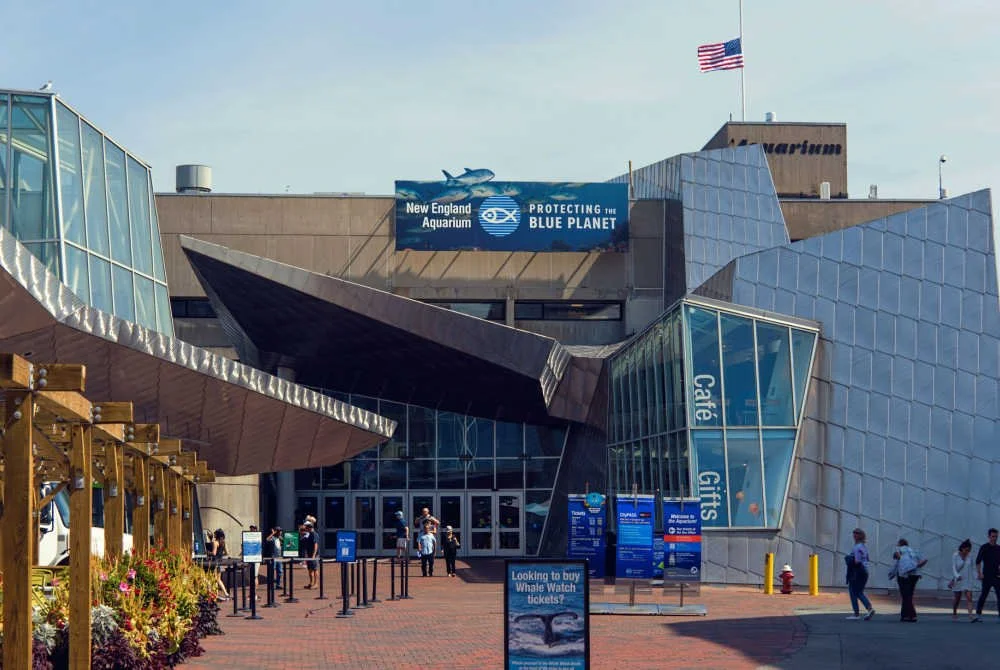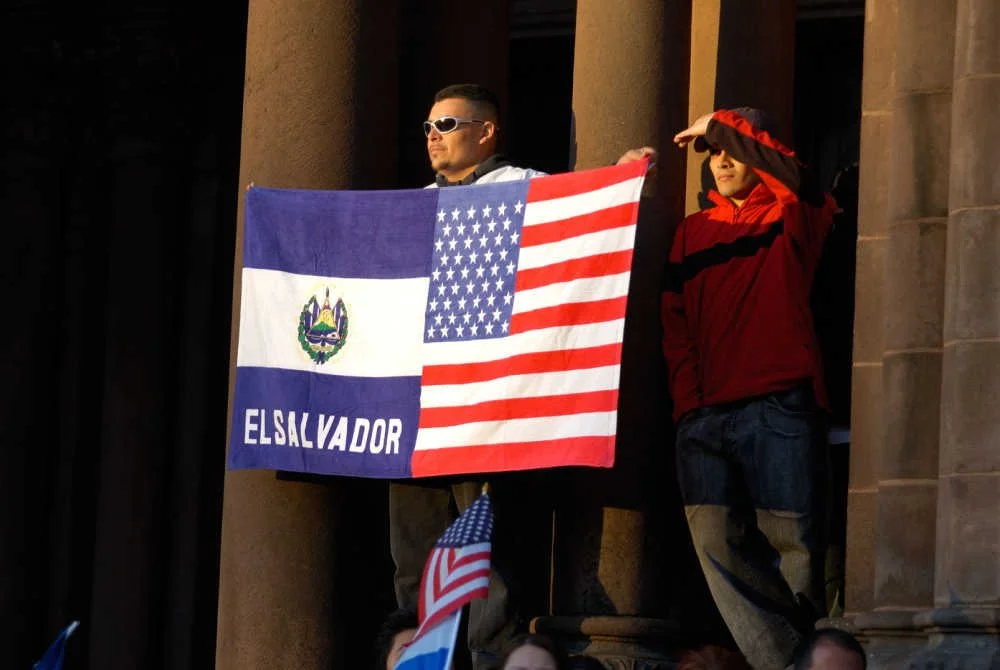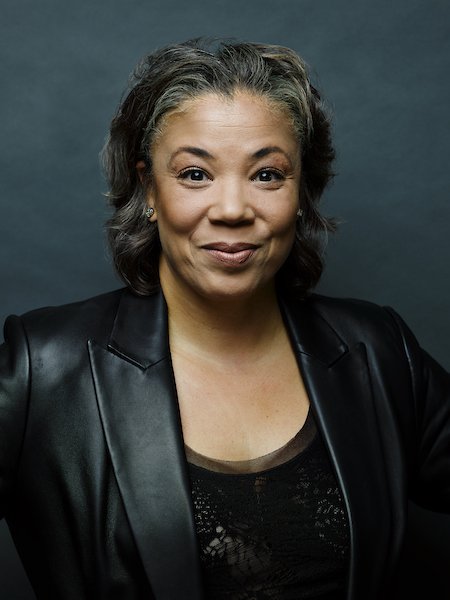Making Connections: A Funder's Approach to Youth Homelessness in Boston
/photo: Roman Bodnarchuk/shutterstock
It’s been a little while since we caught up with the Liberty Mutual Foundation (LMF), a financial industry funder based in Boston and largely focused on local basic needs. In the past, grants have gone to such causes as emergency shelters, healthcare for the homeless, and food for the hungry. But one of the biggest causes for this foundation lately is youth homelessness in Boston.
Beyond giving grants to organizations that provide services for the homeless, the funder has been focused on bringing together local groups that can work together for greater collective impact. That's a strategy we're seeing a lot of these days as foundations leverage their convening power to connect the dots across sectors and issues. But it's pretty rare to see corporate funders take such an involved and integrated approach. These grantmakers tend to have leaner staffs and mostly stick to writing checks.
But the Liberty Mutual Foundation has taken a proactive approach with its youth homelessness work. About a year ago, the funder hosted the New England Summit on Ending Youth Homelessness alongside the New England Regional Interagency Council on Homelessness and the Melville Charitable Trust, which brought together federal, state and city officials, and was the first of its kind in the region. This past summer, LMF hosted a forum that brought together Boston Public School administrators and local nonprofits to discuss how to better support the 2,500+ students experiencing homelessness.
One reason that LMF is well positioned to build collaboratives in Boston is that its director of programs, Klare Shaw, has deep ties in the city's social sector that stretch back over two decades. She worked for Boston Public Schools before joining Liberty's philanthropic team and also spent 10 years as a grantmaker at the Barr Foundation, the top private funder in Boston. Before that, she was at the Boston Globe Foundation.
Melissa MacDonnell, LMF's president, is also a veteran of the Boston philanthropy scene. She founded the philanthropic arm of Liberty Mutual in 2003 and built out its programming with a focus on some of the neediest people in the region.
To learn more about LMF's youth homelessness effort, we got in touch with MacDonnell. To start, we asked her what her biggest takeaways were from the youth homelessness forum over the summer, and how these insights will guide LMF’s local grantmaking strategy on this topic.
One sentiment echoed throughout the forum, MacDonnell said, was to “find the youth before they hit rock bottom.” Early intervention was a particular theme of the youth panel, which allowed grantmakers to hear directly from youth living on the streets.
Another takeaway? Listen more closely. “The forum changed Liberty’s grantmaking approach by encouraging us to stress youth input in proposal planning and implementation,” MacDonnell told us. “Providing young people with the opportunity to influence when and where services are provided to them makes our giving more effective and gives them input at community agencies.”
(Related to this theme of empowering those it's seeking to help, LMF awarded a $1 million grant to More Than Words, a nonprofit whose employees are youth from troubled backgrounds living in foster homes or homeless shelters, to expand the group's reach in the Boston area.)
MacDonnell also offered further details about how LMF is building a stronger collective response to youth homelessness in Boston. She said the foundation actively seeks out groups that are collaborative and that offer wrap-around services that cover everything from job training to legal services, healthcare and rental subsidies for youth. Getting different interventions working in concert is a key to success. “For example, when Y2Y [a homeless shelter] offers 30-day housing to a young person who then finds employment and training at More Than Words, we know we are increasing the likelihood of a positive outcome for that individual,” MacDonnell said.
To wrap things up, we asked MacDonnell for a piece of advice that she would offer to Boston-based nonprofits that would love to get involved with LMF's work or receive a grant. Here’s what she said:
My main piece of advice would be to ensure that your organization aligns with our giving geography and philosophy. Liberty works with an extraordinary array of nonprofit partners to impact neighborhoods and change the lives of individuals experiencing great vulnerability, which we do through investment in three main areas: accessibility for individuals of all abilities, security for homeless men, women and children, and opportunity for underprivileged youth. I encourage people to look at our guidelines online and also to read our Giving Report. In addition, general questions can be sent to the philanthropy mailbox, and staff will respond.
You can learn more about MacDonnell and LMF’s perspective and approach to youth homeless in this New England Cable News interview. The foundation's request for proposals for youth homelessness prevention in Boston is available online.
Related:







































